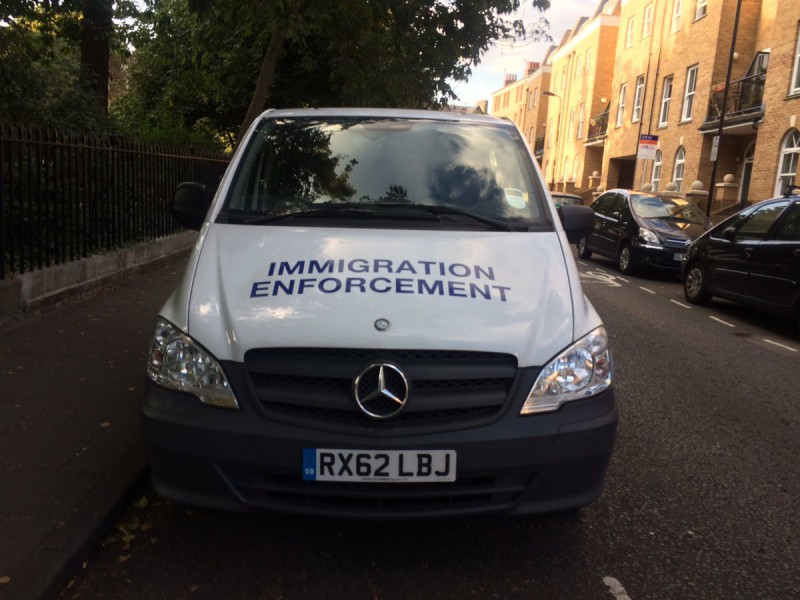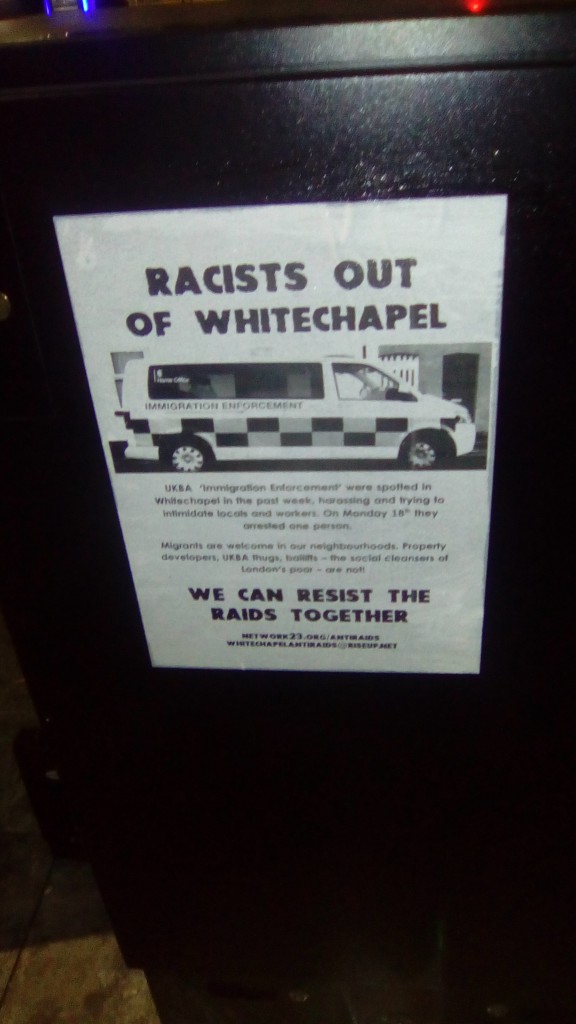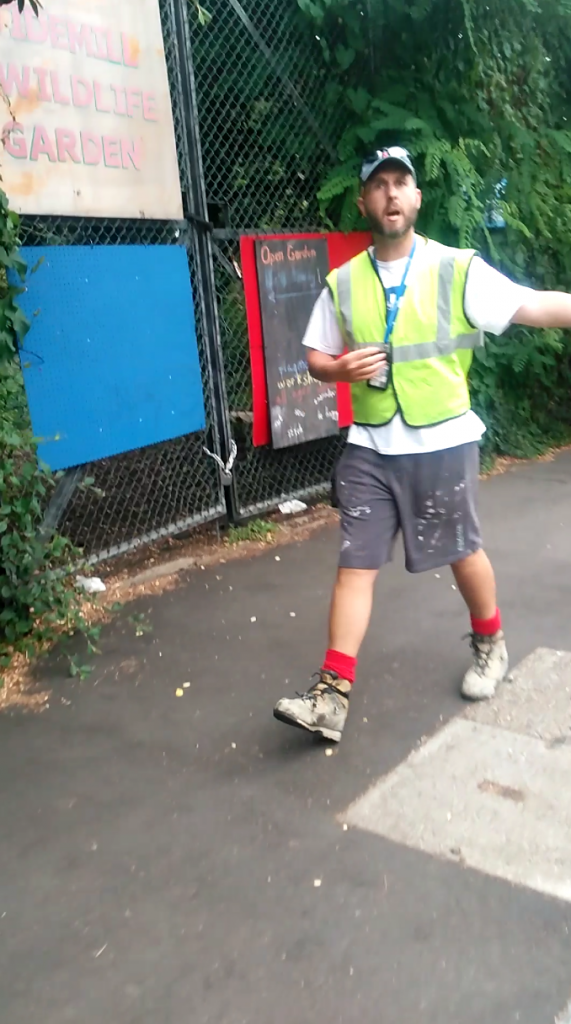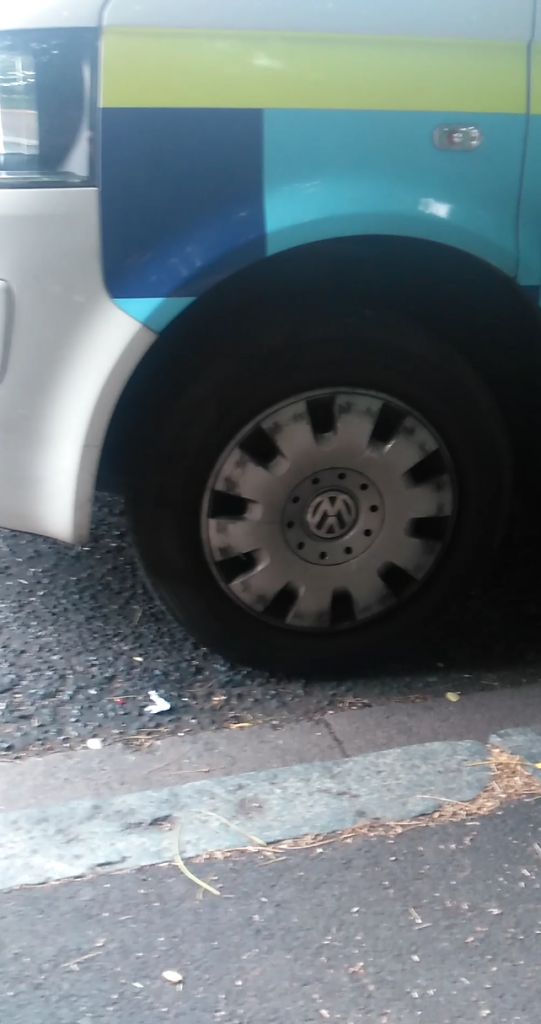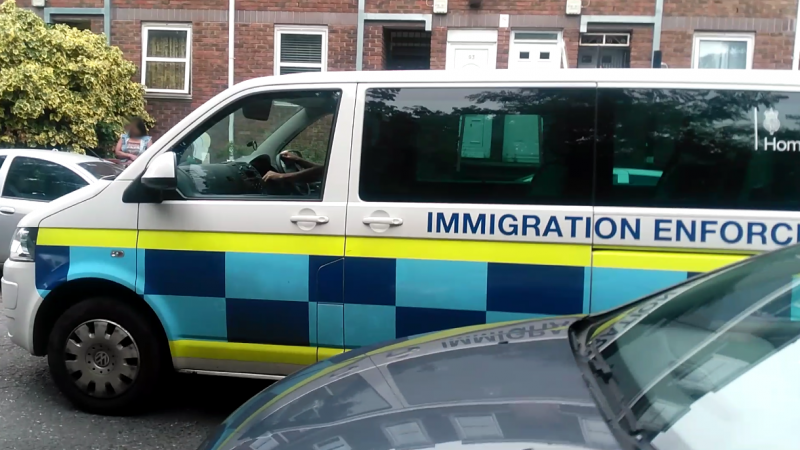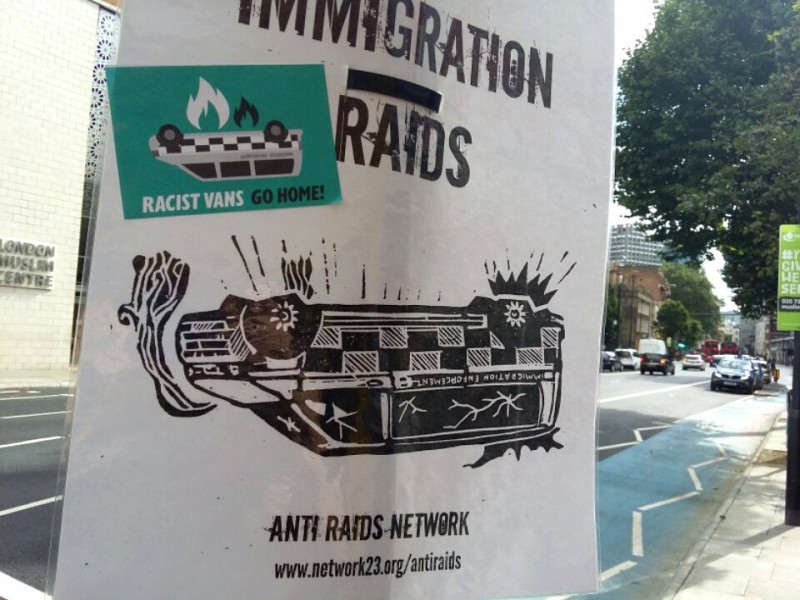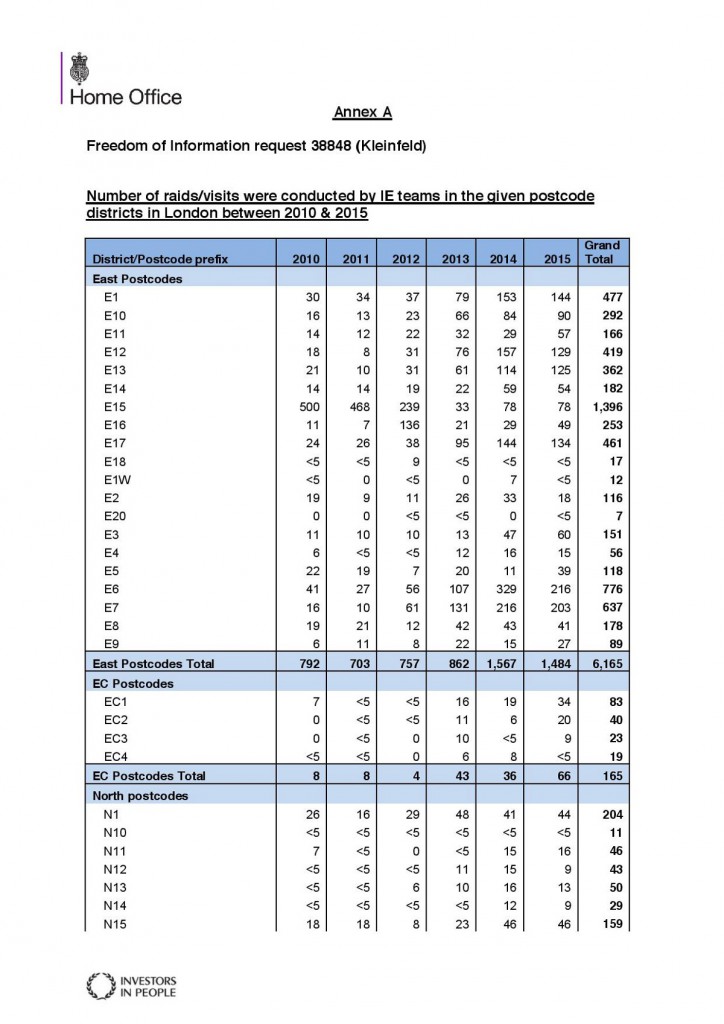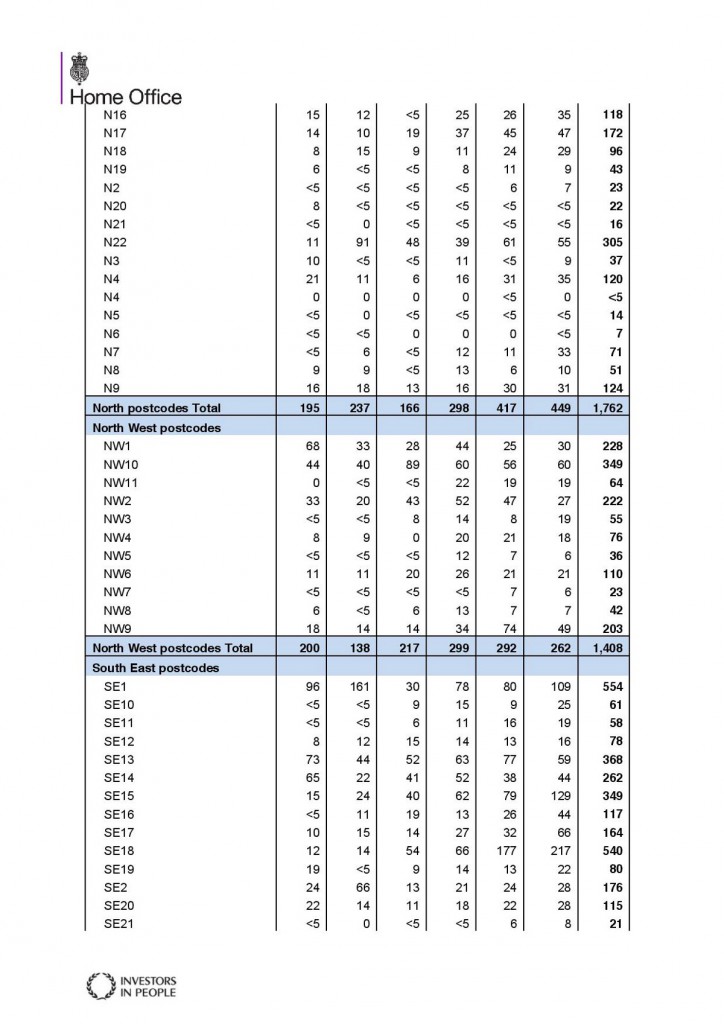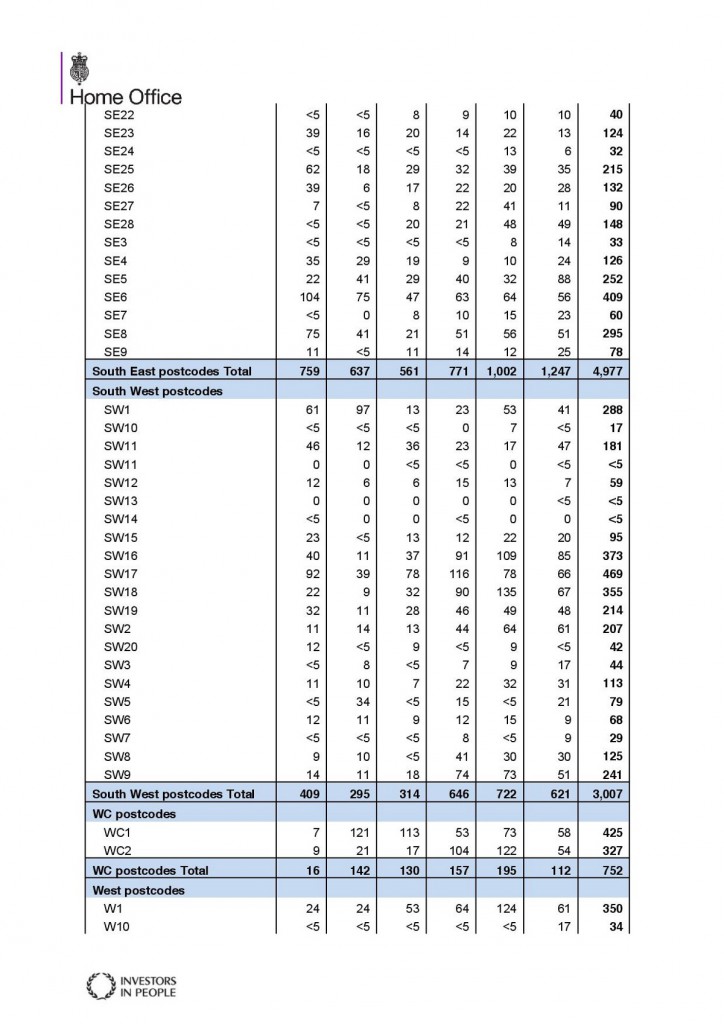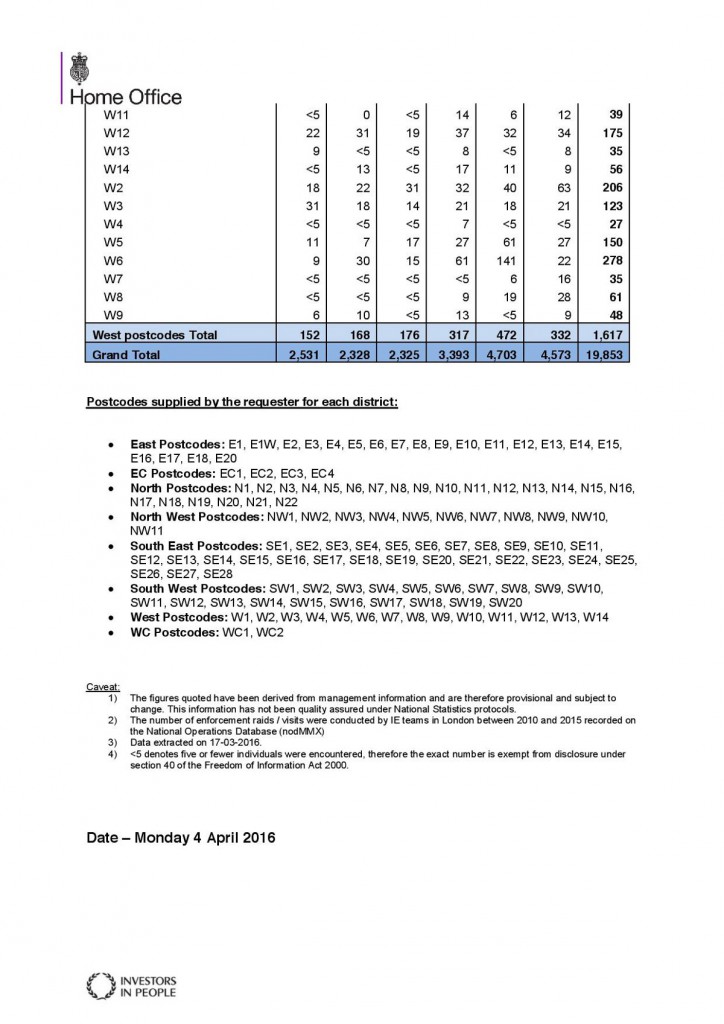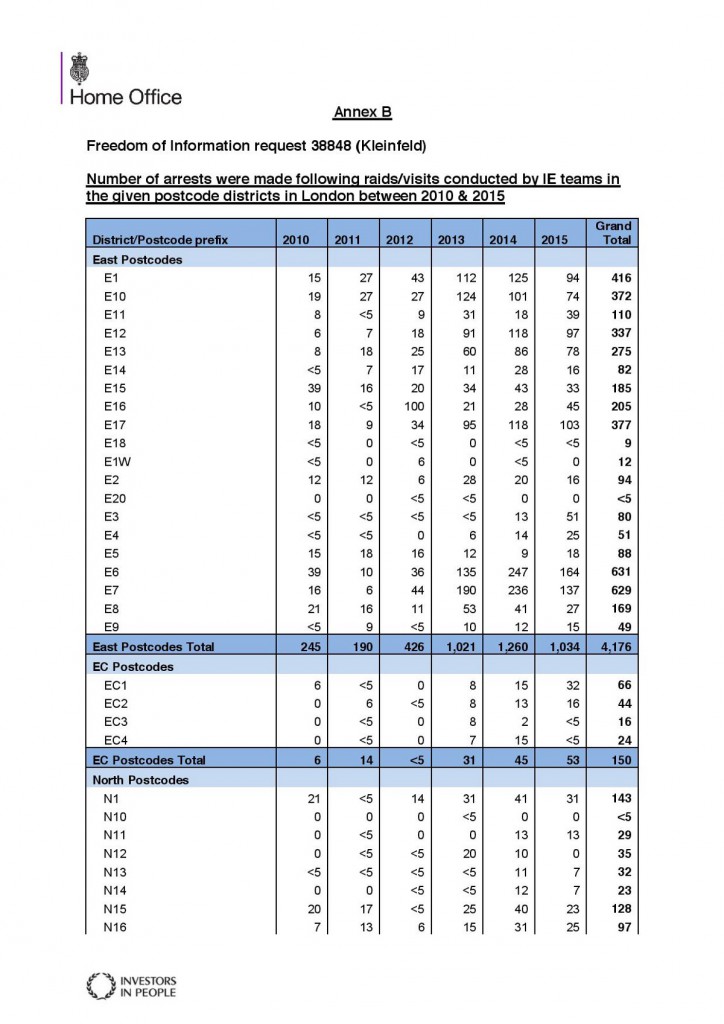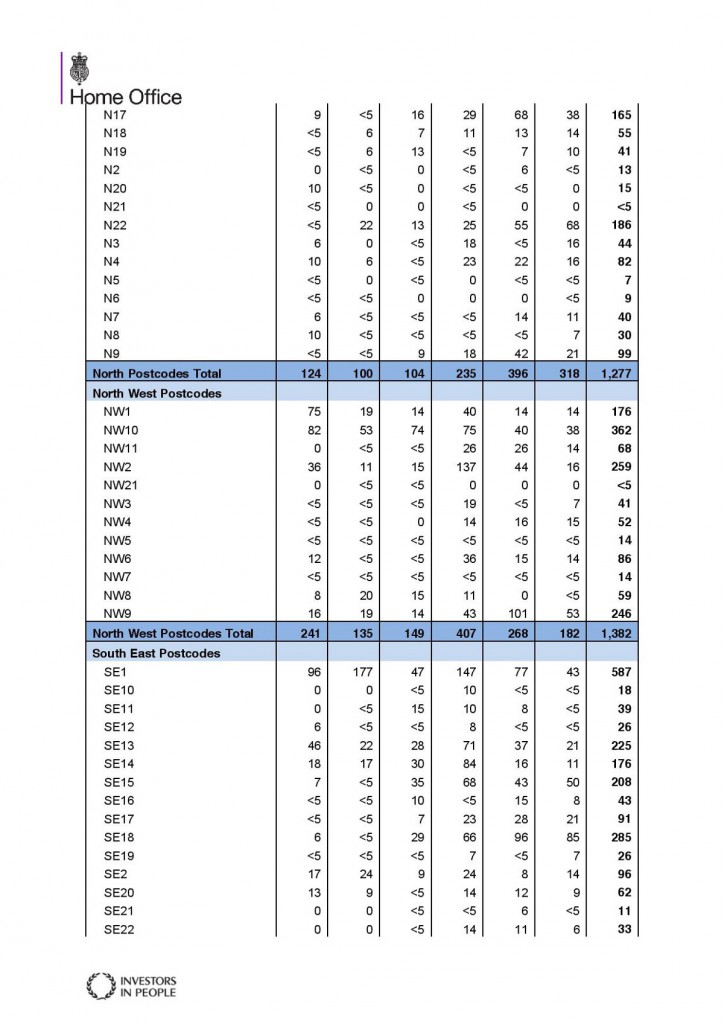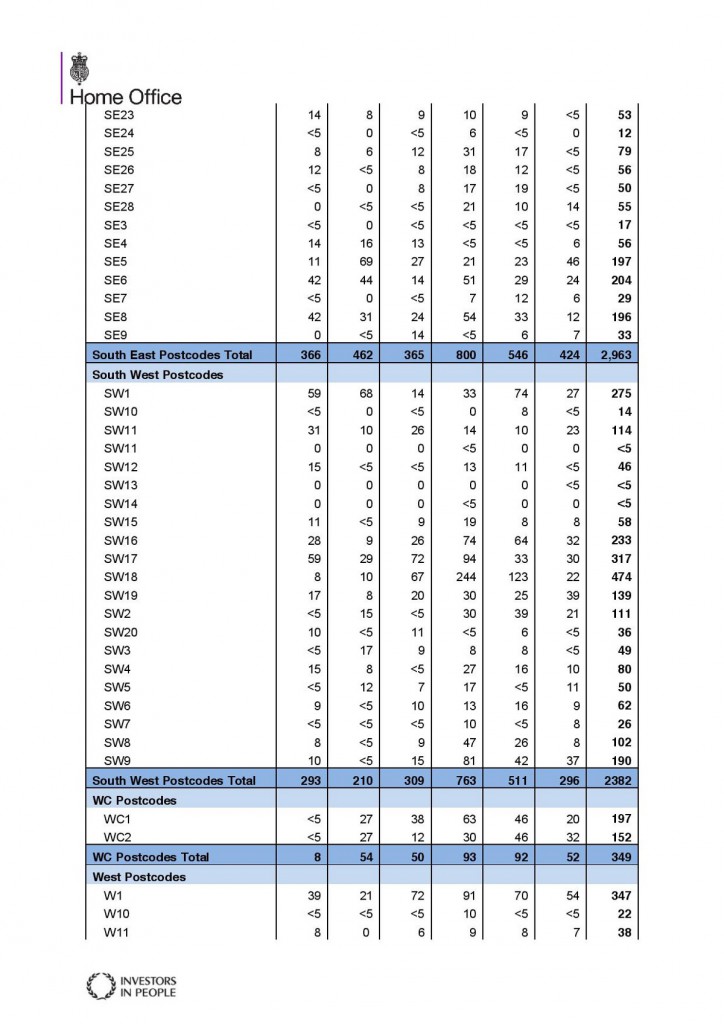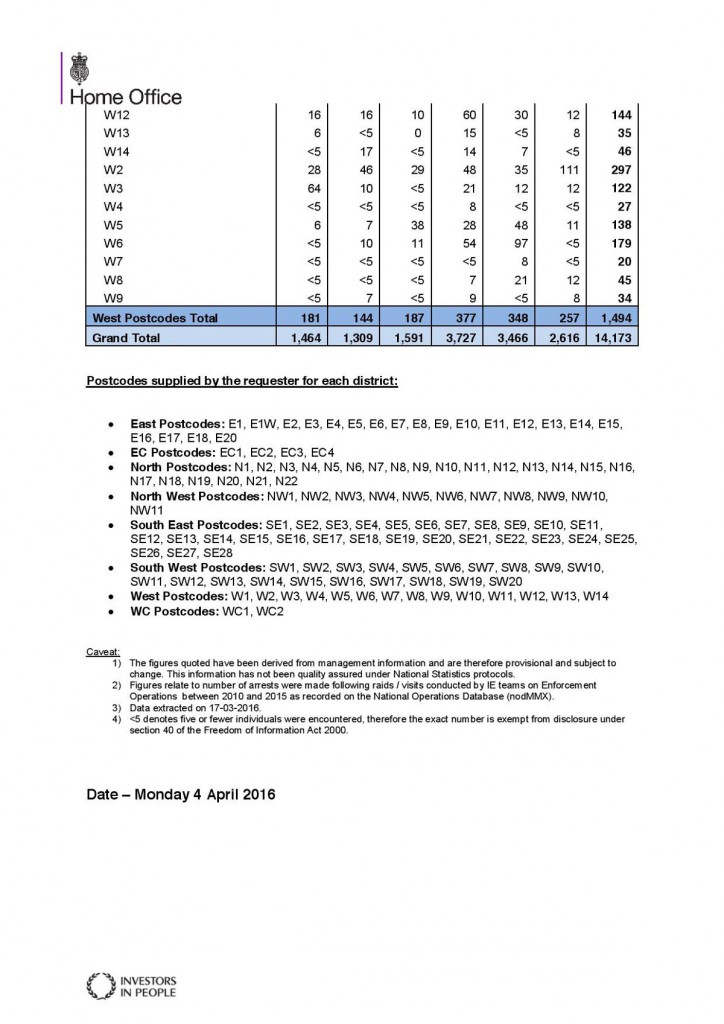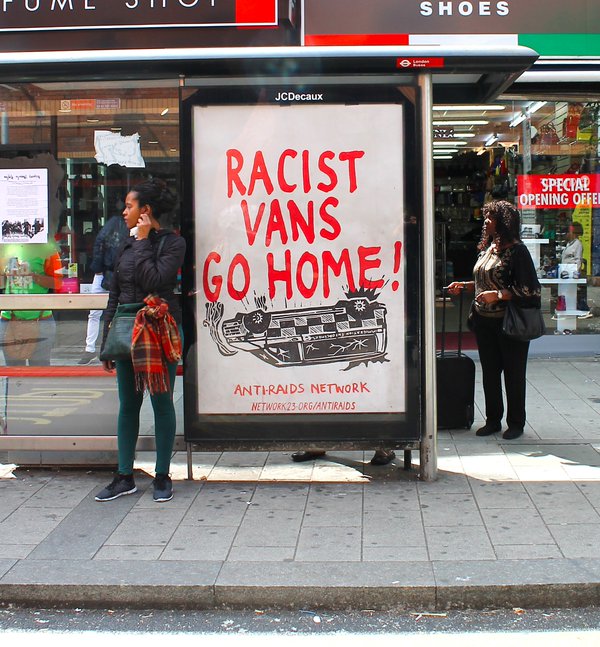Pupils Rising Up – School Census, and Immigration Data Collection – An interview with Biplob
This summer, the Department of Education (DfE) announced that starting September 2016, schools across the UK would be collecting immigration data with the Early Years/School Census. This includes details of pupils’ nationality and country of birth. The Department of Education did not explain the reasons for this new gathering of information, nor did they explain who would have access to it. Groups such as Against Borders for Children are concerned that this new data will be used to facilitate immigration enforcement, using the information collected in schools to investigate and potentially deport individuals or families.
Those fears are well-founded. Data obtained through a Freedom of Information request (response delayed by the government until after census day), shows that the Home Office accessed information relating to pupils’ home addresses and schools 18 times in the past four years for the purposes of immigration enforcement; the number of individuals that this relates to is not clear. Access requests were reportedly made in response to Home Office efforts to track down parents who had disappeared after being told they faced deportation, or where the Home Office was trying to find unaccompanied children who had disappeared or gone to ground (read: children who were also faced with deportation).
While the Early Years/School Census is a statutory obligation tied to government funding of schools, parents are supposedly allowed to opt-out of these new questions on nationality and place of birth. However, as the following interview with a Year 7 student goes to show, many schools are seeking this data directly from the students, and these questions are not easy to refuse, with social pressure and misinformation being used to urge parents to provide the information. It is therefore especially important that students and parents alike are conscious of what the census really implies, and are aware of their rights of refusal.
Some parents and teachers have joined with Against Borders for Children (ABC) fighting against the collection of this immigration and nationality data. ABC provide sample opt-out letters to parents and appeal to MPs and schools to get behind the campaign. However, as Biplob points out, the issues run much wider than the mere collection of information; this situation underlines the tragic flaws and increasing surveillance within the UK school system. We hope that Biplob and students like him continue to find the courage to question this logic, and that they will receive the support and solidarity of their peers, their parents and teachers.
The following is an interview with Biplob, a Year 7 Pupil at an East London Secondary school, and his experience of the census.
What happened yesterday?
On Friday morning, when I was going into class, we were told almost immediately that we were doing the new school census paper. We were told this was to collect our place of birth and nationality. Our teacher first had to explain what nationality was, as not many students knew what it is. This clearly shows how ridiculous this is, as not many students even know what this was about.
As our teacher was going through it, I asked my teacher if I could refuse. After I asked this, she told everyone that they could refuse. I imagine that had if I had not asked, she would not have stated it.
I then followed by saying that this was about collecting immigration data. The teacher disputed that it was about immigration data, saying it was just part of the school census. I told the class that this data could be pulled out by anybody and potentially linked to their name and address. My teacher continued to dispute this, and said that no data collected from the school would be given to any other person or organisation, other than the government.
Our learning mentor for Year 7 came into the room looking for someone. My teacher asked her where she thought the data was going. The learning mentor said that its just going to the government, and that it was intended to just be added to our records. After she left the room, everybody continued to sign the census despite what I had said.
I did refuse, but felt it was pointless because I was the only one.
Do you think your teachers knew anything about the census, where the data was going, and what the purpose of it was?
They didn’t know. This is shown from the fact that they called it the census paper, and had to look up info from an email. I concluded that they had no information about what this was about.
Do you think that, had the teachers known, they would have treated it differently?
Had they known, some teachers would have still gone along with it, fearing their jobs on the line. Others would have appealed to deeper morals and refused.
What do you think of the reaction of your classmates?
Most of the class understood what I was saying, and believed me. They understood it as a debatable issue, around opinions, even though this is a fact. They took it as a debate.
Why do you think no-one followed you in refusing to sign it?
Due to the regimentation of the school, and the constant reminder that the schools ideas are always good for you there is the perception that if you refused, you would be punished for your ‘disloyalty’.
Some people, especially those speaking worse English, thought it was best to just keep their mouth shut and do it, without fully understanding the issues. It seems like BECAUSE they did not fully understand, it was better to just go ahead and do it.
Others, felt that it would not affect them, and just did it despite me telling them they did not have to. Whenever opposition is raised, in this schooling system, students are taught to obey and listen to the teachers.
How do you feel about this implementation of collecting immigration data at school?
It’s a strategy by the government to not only collect data, but also to brainwash children at a young age to obey the state.
I had spoken about it with my mother about this happening before it happened at my school. It didn’t feel that bad, because it was not worse than many of the lessons I had to endure linked to Prevent. I was shocked they where doing it so early and that it was pushed around as something not very important. The teacher handed out some forms to pass around, asking us to fill them out and sign, making it seem as if it was just a normal class agreement, or informal document. When I refused, the teacher put the blame on me, singling me out and pointing at me directly, saying “you are choosing to do this…” as though I was doing something wrong.
None of our parents were told.
Why did you refuse? Why did you feel it was pointless? What do you think can be done to have more people ‘resist’ this census?
I refused because I didn’t want to do this. It was a form of protest against the system. I also felt that I didn’t really know what it was about, and didn’t want to sign it because i didn’t know where it was going.
I felt it was pointless that I refused because there are 300 year 7 students in my school, and 1500 in the whole school and I am pretty sure I was one of only a few who refused. Having a protest with 1/1500 is a very small protest, that has very little impact. Despite my opposition to this paper, it was a very small opposition compared to the total amount of students.
More education about these issues is needed. We need some form of information in schools, such as leaflets, or discussions, debates, and so on. Groups like ABC, or Anti Raids could help out with it. However I think to get kids involved we need to bring in some incentive, such as missing school. This data collection could easily be a valid reason for a school strike. Not only would it be a clear political statement, but also, for us pupils, it would be a reason to miss school. A holiday almost!
The next census collection date is planned for 19th January 2017. For more information on resisting it, check out Against Borders for Children.
